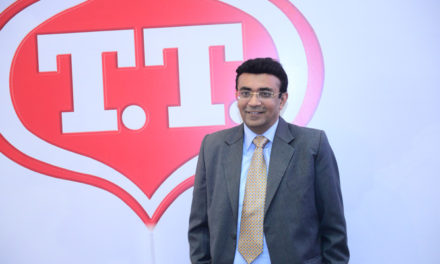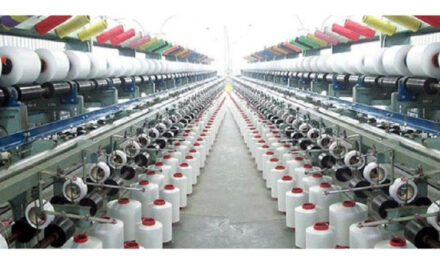 India’s Textile Minister Piyush Goyal consistently advocates for high-quality garments for both domestic and international consumers. Although industry leaders also theoretically support this view, interest-based disagreements from representatives along the value chain reveal a lack of consensus.
India’s Textile Minister Piyush Goyal consistently advocates for high-quality garments for both domestic and international consumers. Although industry leaders also theoretically support this view, interest-based disagreements from representatives along the value chain reveal a lack of consensus.
The recent implementation and subsequent extension of the quality control order (QCO) on polyester filament yarn have brought these disagreements to the fore. Manufacturers of polyester filament yarn have expressed concerns about the piecemeal implementation and extension of the QCOs. However, the weaving industry opposes the current form of QCO implementation on polyester filament yarn and objects to the quality standards set by the Bureau of Indian Standards (BIS).
R K Vij, President of The Textile Association (India), spoke, stating, “The Government has implemented the QCO on PTA, a crucial raw material for polyester filament yarn. While the country is facing a PTA shortage, the QCO has restricted imported supply. Conversely, the QCO on yarn is deferred, which will result in a surge of imports, placing dual pressure on yarn manufacturers.” He has also expressed these concerns to Arun Barooka, Secretary of the Chemical and Fertilizer Ministry.
Vij cautioned that the prices of basic raw materials will rise, and the prices of partially oriented yarn (POY) and fully drawn filament (FDY) will fall due to increased imports after the QCOs’ extension. This situation would encourage more imports of value-added products and fewer exports of costlier items. The association is preparing to formally address the government on this issue.
In contrast, weaving industry organisations advocate for a longer extension, calling for a revision of the standards themselves. They argue that the current standards were finalised without adequate consultation with the consumer industry. Brijesh Gondalia, President of the Surat (Gujarat)-based South Gujarat Warp Knitters Association, has written to the Committee of Scope & Composition of Man-made Fibres about this issue. He argued that QCOs on various polyester yarns should be deferred for a more extended period and incorporate suggestions from the weaving industry. He also requested exemption for polyester mother yarn from BIS standards. He expressed frustration that overseas suppliers, seeking BIS licenses to export yarn meeting the standards, have been waiting for months for inspections and other formalities. He called for immediate action regarding these overseas applicants.
The weaving industry contends that domestic supply of polyester mother yarn is insufficient, and its quality is inferior compared to imports. With the implementation of QCOs, a significant gap between demand and supply will lead to an artificial price hike of polyester mother yarn in the domestic market, affecting production and efficiency in net fabric manufacturing. This situation might increase the import of net fabric and garments.
Ashish Gujarati, Former President of the South Gujarat Chamber of Commerce and Industry (SGCCI), told, “The weaving industry feels overlooked by the competent committee, as its representative was included only at a later stage due to resistance from the upstream industry. No subsequent meetings were held following this representation, leading to a perceived bias in the establishment of quality standards.” He said that the prescribed standards, as they stand, appear to favour the upstream industry. There is no assurance of dyeing quality, even with grade A and AA yarn, which adheres to global standards. Indian standards should align with these global benchmarks.

















